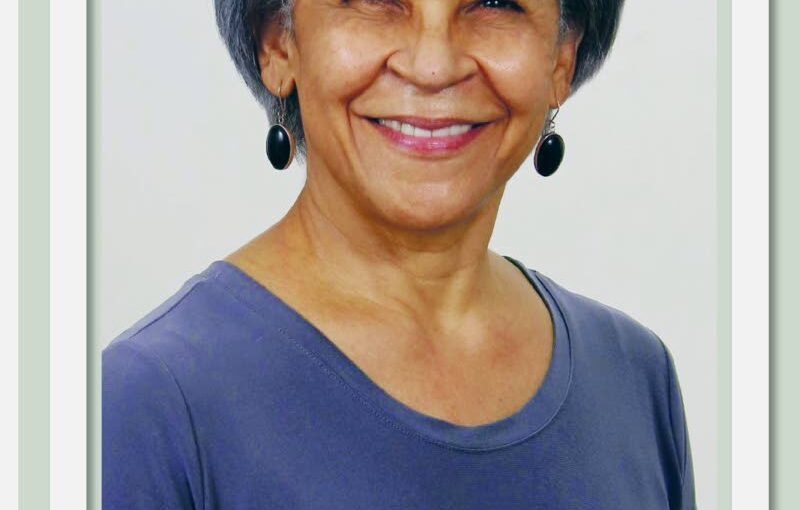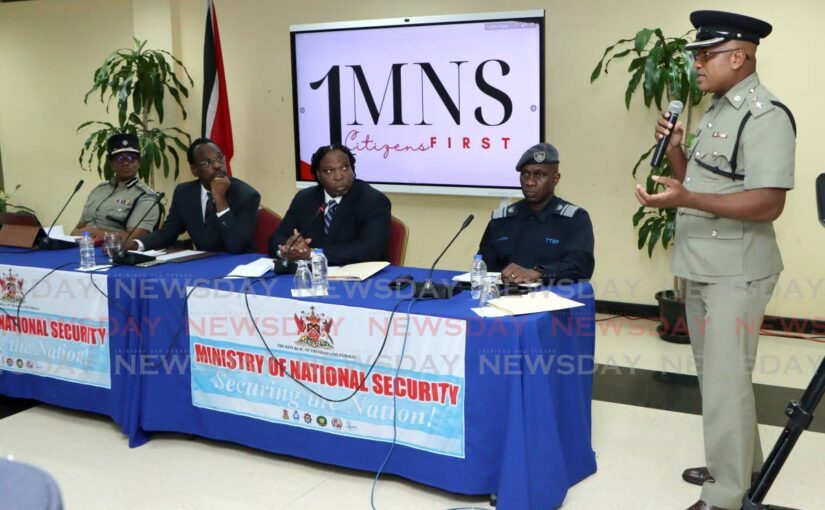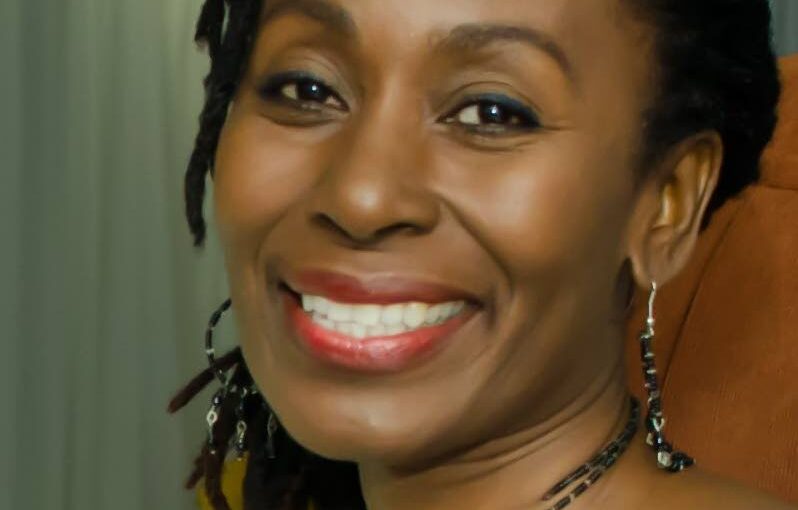Dr Asha Pemberton teenhealth.tt@gmail.com THEY made it! A cohort young people of our islands have completed their first week of secondary school....
Vous n'êtes pas connecté
- English
- Français
- عربي
- Español
- Deutsch
- Português
- русский язык
- Català
- Italiano
- Nederlands, Vlaams
- Norsk
- فارسی
- বাংলা
- اردو
- Azərbaycan dili
- Bahasa Indonesia
- Հայերեն
- Ελληνικά
- Bosanski jezik
- українська мова
- Íslenska
- Türkmen, Түркмен
- Türkçe
- Shqip
- Eesti keel
- magyar
- Қазақ тілі
- Kalaallisut ; kalaallit oqaasii
- Lietuvių kalba
- Latviešu valoda
- македонски јазик
- Монгол
- Bahasa Melayu ; بهاس ملايو
- ဗမာစာ
- Slovenščina
- тоҷикӣ ; toğikī ; تاجیکی
- ไทย
- O'zbek ; Ўзбек ; أۇزبېك
- Tiếng Việt
- ភាសាខ្មែរ
- རྫོང་ཁ
- Soomaaliga ; af Soomaali
Rubriques :
 Maroc - NEWSDAY.CO.TT - A la Une - 30/Aug 08:07
Maroc - NEWSDAY.CO.TT - A la Une - 30/Aug 08:07
Guiding teens through online information
Dr Asha Pemberton teenhealth.tt@gmail.com OUR CURRENT media landscape is flooded with misinformation and disinformation, with facts and truth hidden in between. Between seductive pop-up ads and clickbait titles, it has become increasingly difficult to decipher which information is trustworthy. This coupled with the fact that many news outlets place legitimate content behind subscriptions or other pay-walls, young people are forced to navigate many obstacles. Alluring and free content is often simply untrue. There are also people in the online space who intentionally post disinformation for their own agenda or mischief. For whatever reason, they create fake accounts with the explicit goal of spreading disinformation, creating confusion and then finding humour it in all. In addition, online influencers play an important role in the information thought to be credible by young people. Some influencers do take the time to share accurate and useful information. Others operate with primarily a business mind-set and may say anything to appeal to sponsors. It is quite a complicated web. Parents and caregivers are required to guide and teach young people how to interpret and process the information that they encounter online. This is required for their own decision making, education and even how they understand real-time world events. Media literacy involves the ability to find, assess and use credible information despite the extensive noise that surrounds us all. For some parents, this area is particularly overwhelming. A generation or two ago, parents were taught to generally believe information found in articles or through news outlets. With the advent of the online space, anyone can claim to be a reporter. Anyone can generate an article. It is that much more challenging to seek out authentic sources and ensure that information is verified. Misinformation is generally considered to be false information that is posted or shared without an intent of malice. Often times, senders have good intentions and pass along content for the greater good. Reports of natural disasters, accidents or even world events are rapidly shared, usually to warn or protect others. Without appropriate vetting, however, incorrect content is disseminated and can lead to confusion. Disinformation, however, is defined as the intentional and deliberate creation of dishonesty. With the advances in artificial intelligence and graphics apps, it is now almost too easy to create images or videos with authentic voices and faces spewing complete garbage. It is certainly challenging for young adolescent minds to be able to decipher fact from fiction. In the education space, it is even more important for young people to be able to fact-check, verify authors and examine content. With the explosion of online learning and virtual spaces, young people are able to access practically anything instantly. Students are moving away from hard copy and paper vessels and moving toward copy-and-paste learning. In addition to the main issue of plagiarism, students are required to understand how to research. The tools of acquiring knowledge, sifting through it and processing are the benchmarks of education. With the plethora of sites that share partially correct or frankly wrong information, there are challenges for students who are not briefed. As we await the return of school, parents are encouraged to take time to start conversations with young people regarding their online diet. Question them as to the ways in which they currently assess information and trust websites or social media feeds. There are fact-checking service sites available to assist. The primary role, however, is teaching young people to assess where they get information from and challenging them on the reasons why they may choose one site over another. Guide them to resources from verified outlets, higher education centres or resource pages, as opposed to those run by a single individual. It is certainly a complex and ever changing space, but young people are required to be able to distinguish between real information and its convoluted version, toward their own safety, education and lifelong learning. The post Guiding teens through online information appeared first on Trinidad and Tobago Newsday.
Articles similaires
U.S. disinformation researcher laments 'incredible witch hunt'
Understanding disinformation has emerged as a lightning rod in the United States ahead of the November election, with academics and think-tanks facing...
U.S. disinformation researcher laments 'incredible witch hunt'
Understanding disinformation has emerged as a lightning rod in the United States ahead of the November election, with academics and think-tanks facing...
The maths conundrum
THE alarming headline in this newspaper on August 21 announced “64% fail maths” in CSEC exams, across the region. According to the Caribbean...
Children Of Big Brother: What It Means To Go Back-To-School In The American Police State – OpEd
It’s not easy being a child in the American police state. Danger lurks around every corner and comes at you from every direction, especially...
Children Of Big Brother: What It Means To Go Back-To-School In The American Police State – OpEd
It’s not easy being a child in the American police state. Danger lurks around every corner and comes at you from every direction, especially...
Police: Trust us to fight extortion
SNR SUPT Richard Smith has urged businessmen facing extortion to report to a dedicated unit under him to deal with their cases. He spoke at a...
Evolution Of Live Reporting And Interviewing Techniques In Contemporary Audiovisual Journalism: Assessing Challenges In Breaking News Situations – Analysis
A Changing Landscape The emergence of mobile technology, social media, and high-speed internet has democratized live reporting, allowing...
SKMM / MCMC Share More Regarding DNS Redirection Implementation
One of the things that became a hot conversation for a day or two was related to the implementation of DNS redirection by internet service providers...
Building schools for our future
Dara E Healy What shall be the legacy that we leave behind Will there be follies and fallacies To deceive their minds Will we give them...
Les derniers communiqués
-
Aucun élément






